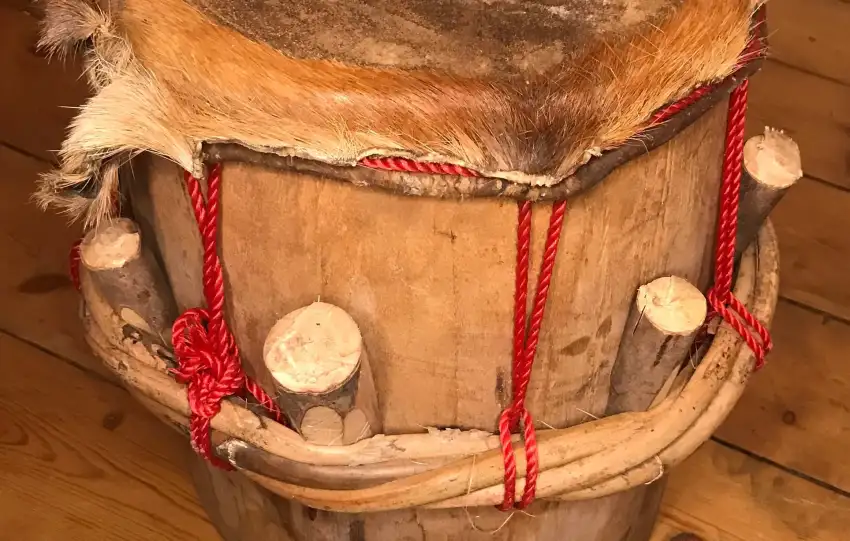Howard University, Washington D.C.—the academic ground where Igbo voices converged. Image credits; Getty images
In April 2010, within the historic halls of Howard University in Washington, D.C., a quiet renaissance unfolded. The annual Igbo Studies Association (ISA) Conference had drawn together some of the finest minds of the Igbo world; historians, artists, linguists, and philosophers, each…








